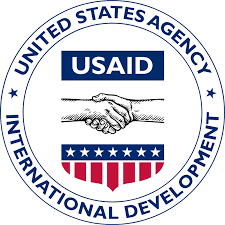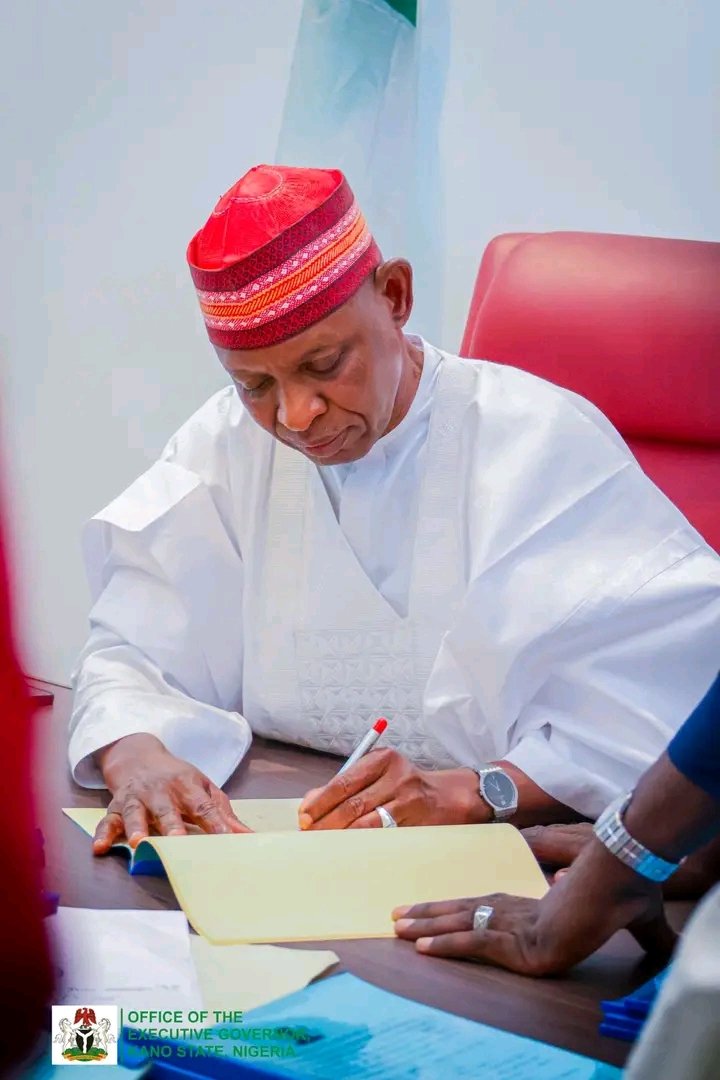Korede Abdullah in Lagos
The Lagos State Government has secured a five-year grant worth $67 million from the United States Agency for International Development (USAID) to improve water infrastructure across the state.
This grant will be channelled through the Lagos Urban Water Sanitation and Hygiene (LUWASH) program, which aims to scale up the capacity for safe water supply in five communities in Lagos.
The Lagos Water Corporation (LWC) will oversee the first phase of the project, focusing on rehabilitating five mini waterworks located in Badore, Lekki, Victoria Island, Victoria Island Annexe, and Ajegunle.
These upgrades aim to enhance water availability, reduce disruptions, and improve sanitation services. The second phase will extend rehabilitation to additional locations, including Oshodi Waterworks.
According to LWC Managing Director, Engr. Mukhtaar Tijani, the state government is actively rehabilitating aging infrastructure at the 45 MGD Iju and 70 MGD Adiyan waterworks to restore them to full operational capacity.
The government is also addressing challenges such as chemical shortages, power outages, and other operational issues.
The construction of the Adiyan Phase II Water Treatment Plant, with a design capacity of 70 MGD, is underway to enhance water supply to the western region of the state.
Lagos State Commissioner for Environment and Water Resources, Tokunbo Wahab, noted that the government is increasing financial support and partnering with private investors to expand and refurbish waterworks.
Wahab assured residents that water access will improve, but clarified that services, though potentially subsidized, will not be free.
This partnership between the Lagos State Government and USAID marks a significant milestone in improving access to affordable and clean potable water in the state.
The USAID has been working to strengthen the performance of water corporations and rehabilitate water works in several states, including Imo, Abia, Delta, Niger, and Taraba.
This collaboration aims to spur efforts in making clean water more accessible and affordable, especially in low-income communities.



